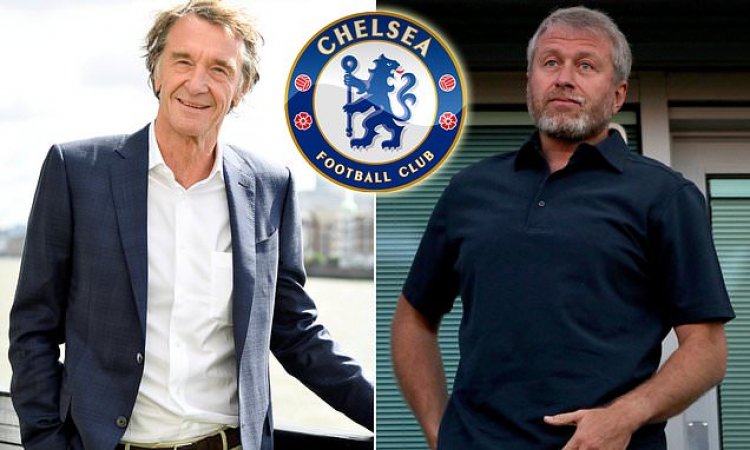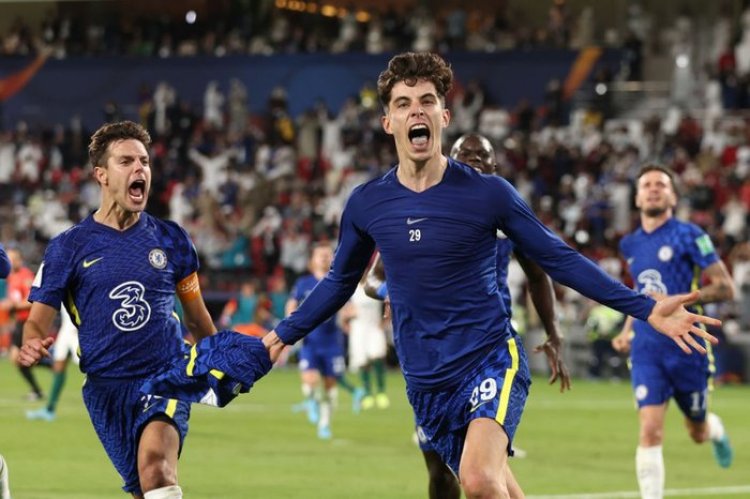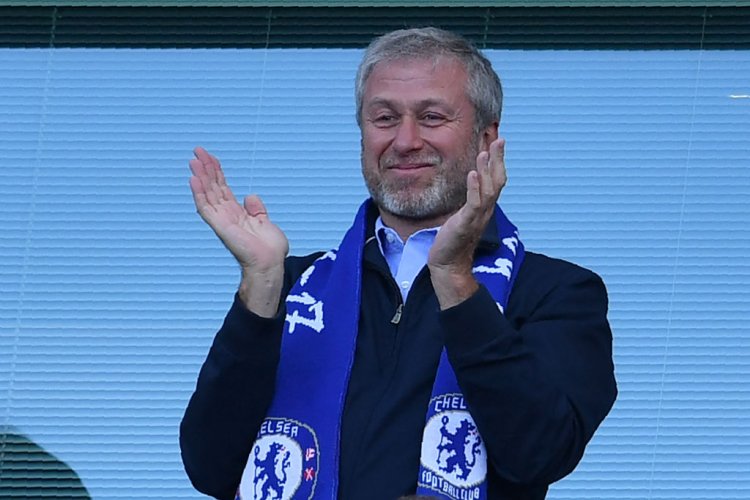Obstacles to selling Chelsea
One possible buyer are British chemicals giant Ineos. They are owned by Jim Ratcliffe, the UK’s richest person

As Abramovich ends a 19-year reign that has brought 19 major trophies to Stamford Bridge, Chelsea fans are fearing what will happen next.
A whole generation of Blues supporters have only known the Red Rom era — trophy upon trophy, great players, goals and glory.
Yet it is too easy to forget the entire playing field has changed since 2003.
The Russian only had to break up a duopoly, a Premier League dominated by Manchester United and Arsenal, led by Alex Ferguson and Arsene Wenger.
He did that and more, firstly making it a Big Three and then supplanting those two giants. But now it is not just three.

There is a Big Six — even if Spurs frequently look like interlopers — with Manchester City and Liverpool now Chelsea’s biggest domestic and European rivals.
Money at Leicester and Aston Villa, too. And, of course, the new, emerging force that is Newcastle under their Saudi overlords.
That all helps explain why even some of the potential bidders might think deeply before even putting their money on the table.
One possible buyer are British chemicals giant Ineos. They are owned by Jim Ratcliffe, the UK’s richest person who is worth an estimated £16bn — and who also happens to be a Chelsea fan.
Indeed Jim and brother Bob, head of Ineos Football which runs French side Nice and Swiss outfit Lausanne, have been mooted as potential owners before.
Pressed on the subject two years ago, Bob suggested the “£2bn sticker price” for any top-six club was just the beginning.
He said: “Why would you expect to be prepared to pay £2bn when the net revenue of the entire Premier League is £5bn and the 20 clubs combined have a net profit of just £500m?
“It’s very difficult for a company like Ineos to justify moving into the top six and then writing cheques to compete for those top honours.
“We don’t love stadium economics — the numbers don’t work for us.
“Income all looks pretty flat. The retail side doesn’t work — it’s not rocket science to come to that conclusion.”
Even if those issues can be overcome there are other elements in the equation, some unique to the Prem, others to Chelsea.
Chief among them is the fact that any new owner would own all the assets — except Chelsea’s name and the Stamford Bridge PITCH.
They belong to Chelsea Pitch Owners, an organisation set up by Rom’s predecessor Ken Bates following his fractious battle with property developers Marler Estates.
Bates sold the freehold of the pitch and the rights to the name “Chelsea” to the CPO, loaning the group the £10m to make the purchase. In return, the club was granted a 100-year lease, to run until 2097, for a peppercorn rent.
And the new owner would also face the issue of the stadium itself.

Abramovich, 55, spent millions on plans for a huge rebuild, which would have seen the club forced to move out for up to five seasons.
When Rom, angered by the knowledge his UK Tier 1 ‘golden visa’ would not be renewed, pulled the plug in 2018, the development was expected to cost up to £1.7bn.
Now it would be well north of £2bn. It is also not that simple to hand over control of a Prem club.
Chelsea, ironically, were one of the clubs demanding tougher new rules and a more stringent owners’ and directors’ test after the Toon takeover.
Any new owner would have to pass Prem muster — which could take a few weeks at best — before getting the nod.
Simple, it isn’t. And then there would be the contracts, transfers and demands from players and the manager.




















